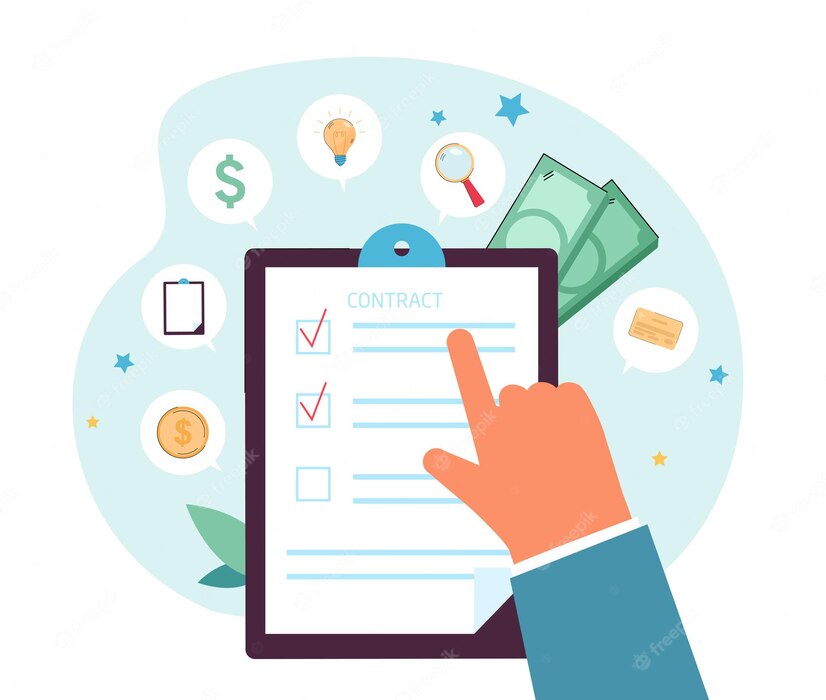Verifying Your Address: Navigating the Essentials of Proof Documents
 0
0
Posted: Tue March 19 11:04 AM PDT
Member: Sintia Derthy
Tags: documents

Ever faced the hassle of proving your residence for a new ID, bank account, or to receive a parcel? The journey starts with a simple document, often overlooked until the need arises: the proof of address. This guide dives into the nitty-gritty of these documents, focusing on utility bills, a common yet vital player in this realm. We'll explore what makes them tick, how to handle common hurdles, and alternatives when the usual route isn't an option. Let’s unravel the essentials of address verification, a task we all encounter yet seldom discuss in detail.
Introduction
Proof of address, though seemingly mundane, acts as a keystone in our bureaucratic world. From opening a bank account to setting up a new phone line, verifying your place of residence is a fundamental requirement. But why is this simple piece of paper so crucial? It ties you to a location, providing a tangible link between your identity and your dwelling place. This article sheds light on the importance of proof of address documents, emphasizing utility bills’ central role in this process.
Understanding Proof of Address
Proof of address isn't just any document with your name and address. It's an officially recognized record that verifies your current living situation. Why do institutions demand it? It's all about trust and legality. They need to confirm you are where you say you are, whether for service provision, legal compliance, or security reasons.
Typically, these documents must be recent, usually within three to six months, and include:
- Your full name
- Your current address
- A date, proving its recent nature
Utility bills are the gold standard here, but bank statements, government letters, and lease agreements also make the cut.
Utility Bills as Proof of Address
Utility bills stand out as proof of address due to their regular issuance and detailed information. They’re issued monthly, reflecting your ongoing connection to the address through services like electricity, water, or gas. Here's what makes them ideal:
- Issued by recognized service providers
- Contain consistent, verifiable details
- Reflect a continuous relationship with the service, and by extension, the address
However, not all utility bills are created equal. To be valid, they must include your name, address, a recent date, and the service provider's details.
Challenges in Obtaining Utility Bills
Getting your hands on a utility bill might sound straightforward, but it can get tricky. For renters, the bill might be in the landlord’s name, and for those favoring digital, paperless billing, not having a physical document can pose a challenge. Here’s how to navigate these waters:
- For Renters: If the utility bill is not in your name, obtaining a signed letter from the landlord, along with the bill, can serve as proof of residence.
- Digital Bills: Many organizations accept digital bills if they contain the necessary details. Ensure you can access and print these documents when needed.
The rise of online services has also led to a peculiar issue: the availability of fake proof of address template services. While these might seem like a quick fix, they are illegal and unethical, leading to more significant problems down the line.
Alternative Solutions for Address Verification
When utility bills are not an option, other documents can fill the gap. These alternatives might include:
- Bank statements with current address details
- Government-issued letters or documents
- Tax documents
- Lease agreements, accompanied by a letter from the property owner
Each alternative has its requirements and validity criteria, so it's crucial to verify what’s accepted by the institution requesting the proof of address.
Conclusion
Verifying your address with the right documents is crucial in today's administrative processes. Utility bills often take the lead due to their detailed and regular nature, making them a reliable source for proving residence. Understanding the requirements, addressing challenges, and knowing your alternatives ensures you’re prepared to verify your address whenever needed. Keep your documents organized and accessible to smooth out these sometimes bureaucratic but essential steps in your daily life.
Comments
Please login above to comment.
